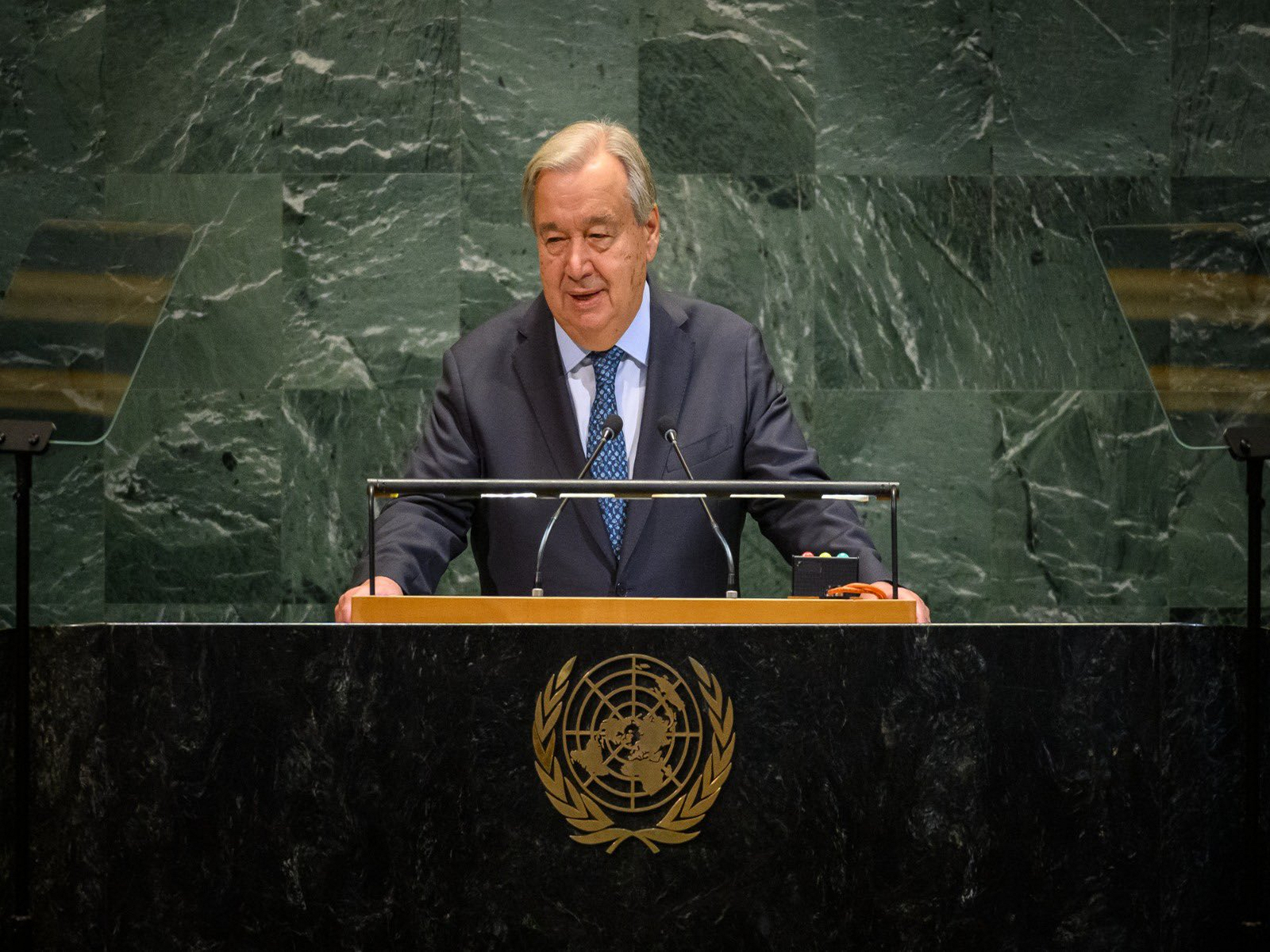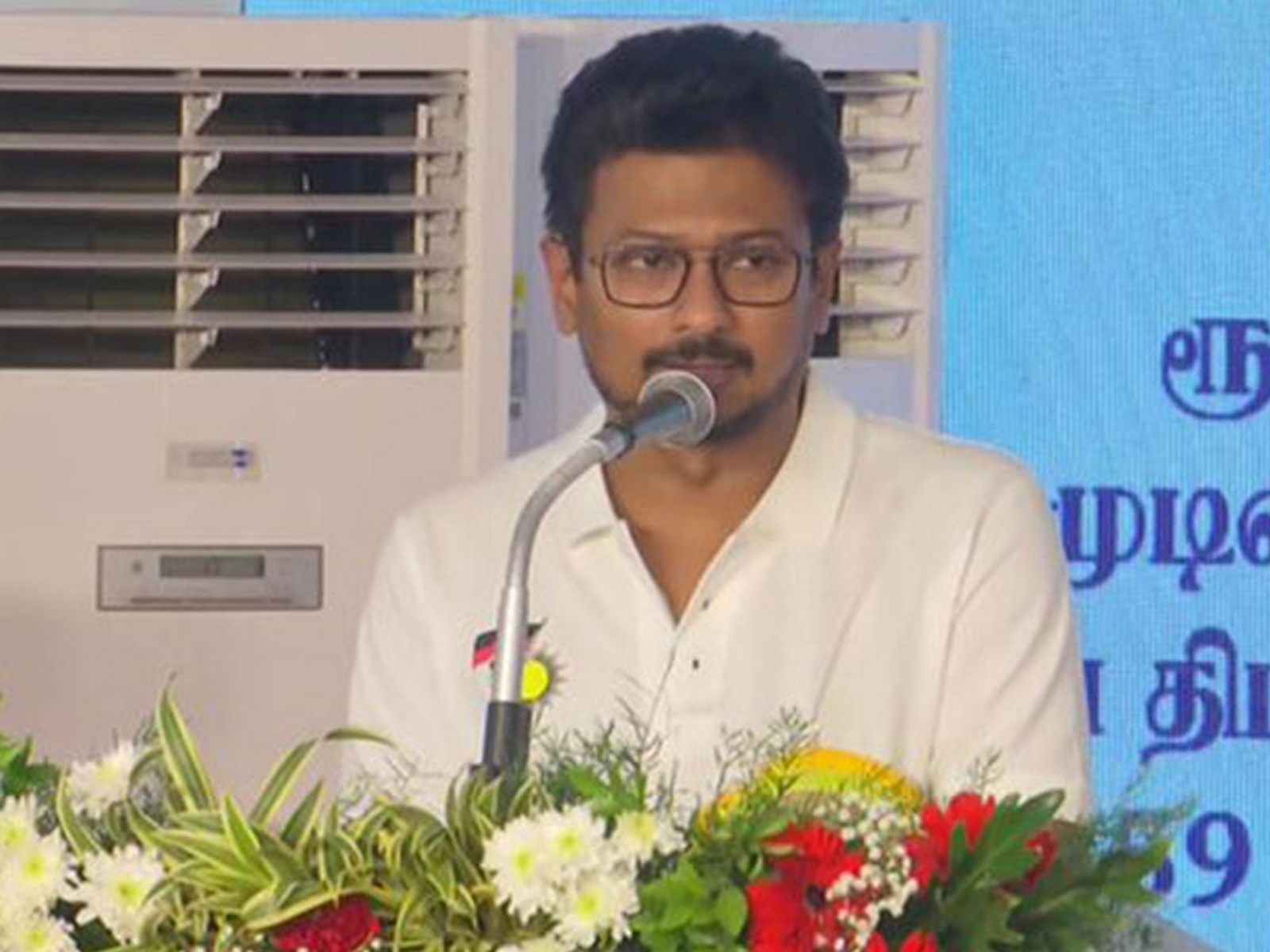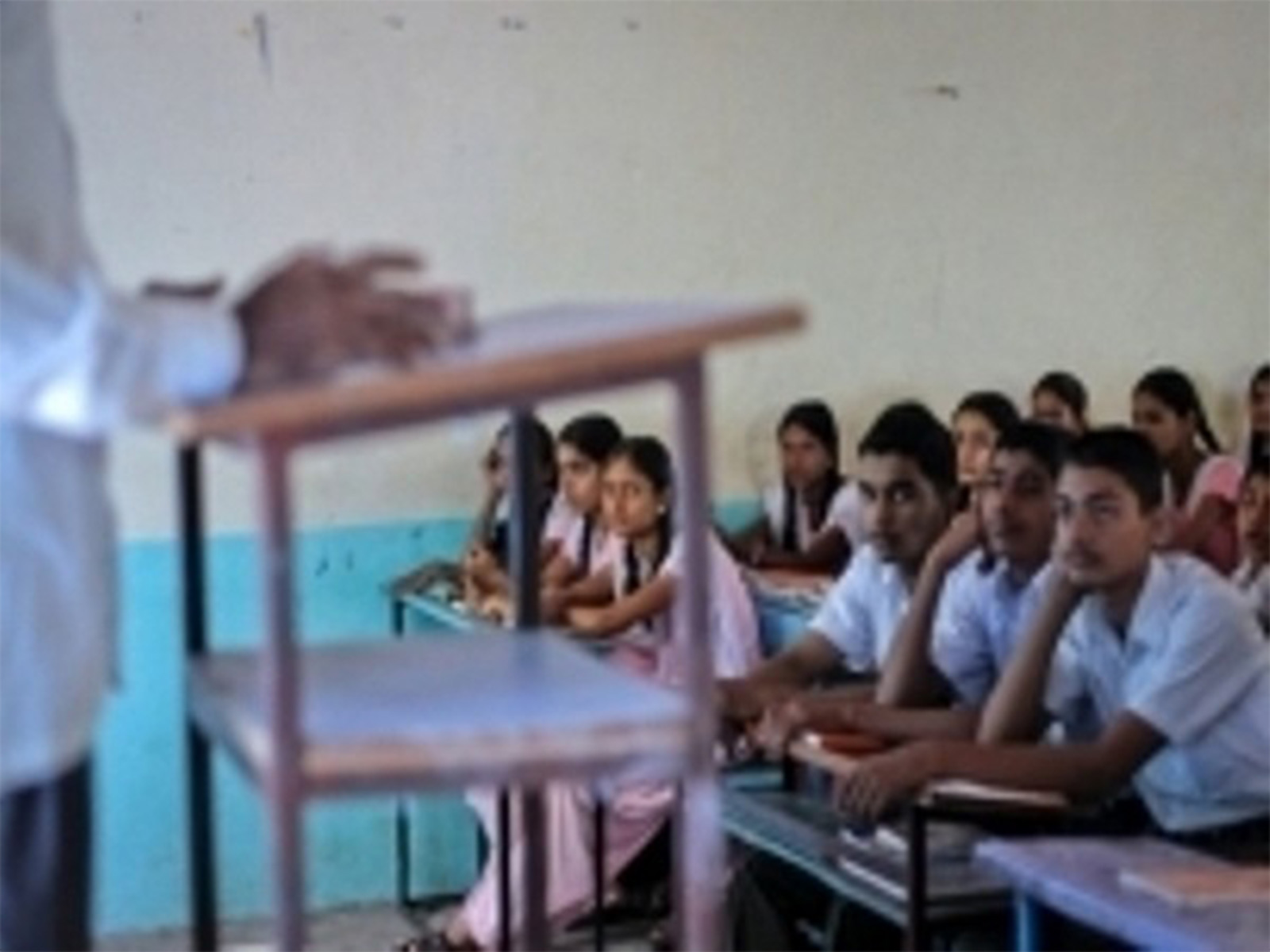Protests in Khyber Pakhtunkhwa's Shangla expose Pak govt failures as road construction stalls
Oct 15, 2024

Shangla [Pakistan], October 15 : Residents of Kana tehsil in Khyber Pakhtunkhwa's Shangla district on Monday blocked the Bisham-Swat Road for six hours to protest the sluggish pace of reconstruction on the vital Karora-Ajmeer Road, Dawn reported.
The protest reflects growing anger at the government's inability to complete infrastructure projects, which has left locals struggling with daily commutes and economic stagnation.
The protest, organised by the local action committee, drew large crowds who chanted slogans against the construction firm and elected representatives for neglecting the project.
Mohammad Naeem Khan, chairman of the action committee, lambasted authorities for their lack of commitment. "A year has passed, and the contractor hasn't even completed a retaining wall," he said, according to Dawn. "We've been raising this issue for over a decade, yet our pleas continue to fall on deaf ears."
The delayed 28-kilometer road project, funded by over Pakistan currency (PKR) 2 billion, has been marred by mismanagement. Protesters alleged that only a single excavator has been deployed for the project, exposing the state's inefficiency and poor oversight. They pointed out that the road, if completed, could attract tourists to the scenic region, generating much-needed revenue for both locals and the government.
"The entire population relies on this road, but authorities show no interest," Naeem added. "It's disgraceful that people must suffer even while transporting patients on this broken artery."
Dawn reported that protest leader Amirzeb Khan criticized the elected representatives for abandoning their voters and ignoring the project. "We've approached the contractor, the World Bank, and government officials multiple times, but no action has been taken," Amirzeb said, warning that the public had no option but to escalate their protests.
The protest ended after Alpuri's assistant commissioner and officials from the construction firm met with the committee leaders, promising to speed up the project by deploying additional equipment.
However, the community remains skeptical, with locals accusing the government of neglecting basic infrastructure and failing to keep its promises.
This incident highlights Pakistan's chronic governance failures, where corruption, administrative inefficiency, and disregard for public needs disrupt essential services and economic growth. The prolonged delay not only hampers the lives of residents but also risks depriving the region of potential tourism revenue.



















